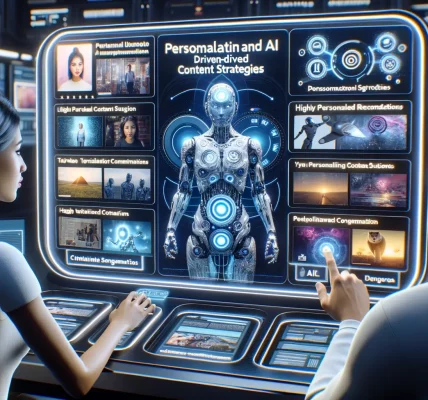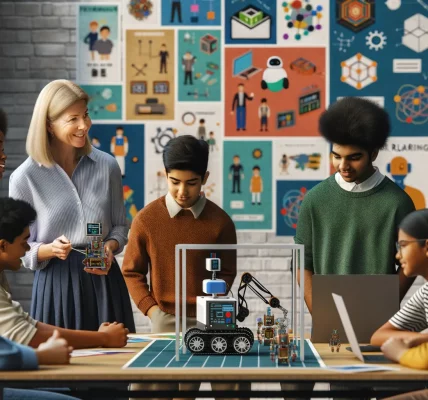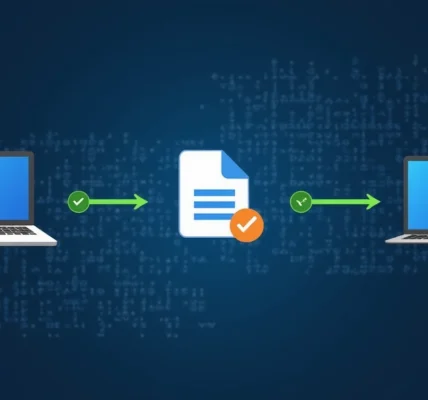Understanding AI in Digital Marketing
Why AI Feels Like the Secret Sauce in Marketing
Picture this: you’re whipping up a perfect marketing campaign. In the past, you might have spent hours analyzing data, testing headlines, or guessing what your audience needed. But now, with artificial intelligence (AI), it’s as if you’ve hired an all-knowing assistant to do the heavy lifting for you. AI isn’t just a tool; it’s that extra ingredient transforming good campaigns into extraordinary ones.
For example, imagine understanding customer behavior so well that you predict their next move before they even make it. That’s not magic—it’s the beauty of AI-driven analytics. AI can sift through mountains of data in seconds, revealing patterns and opportunities you might never notice on your own. It’s like having X-ray vision for your marketing strategy.
How AI Speaks Your Customers’ Language
Ever wondered how platforms suggest content or products that feel tailored just for you? That’s AI mastering personalization. Brands are now using algorithms to deliver hyper-focused email campaigns, social ads, and web recommendations with near-cinematic precision.
- Chatbots simulate human-like conversations, offering real-time assistance 24/7.
- Predictive models analyze habits, suggesting what people are most likely to buy next.
- Natural language processing helps craft messaging that truly resonates.
Think about it: instead of casting a wide net and hoping for clicks, AI empowers businesses to whisper directly to their customers’ hearts—and inboxes.
Key Areas Where AI is Revolutionizing Digital Marketing
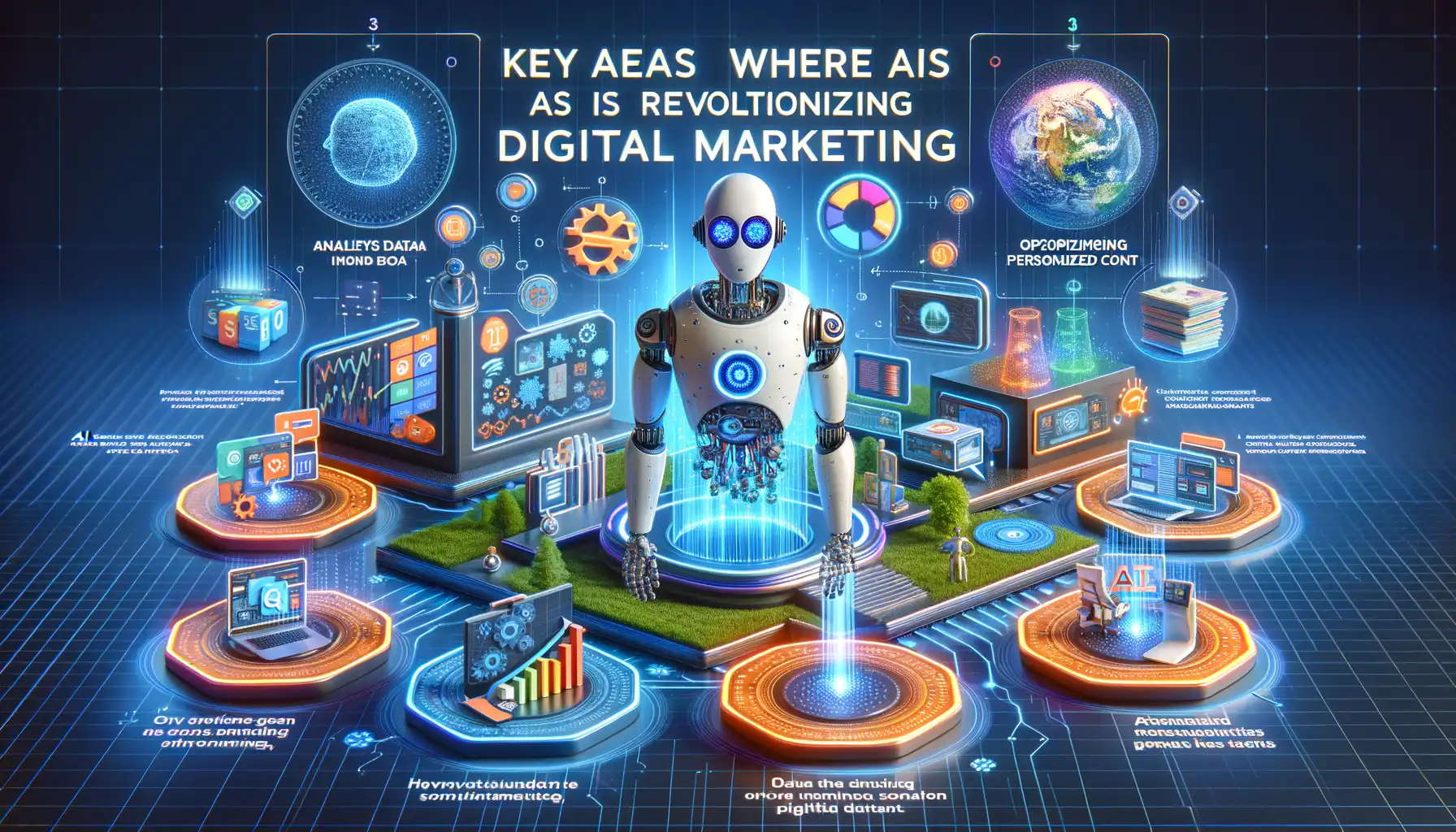
The Art of Personalization Like Never Before
AI is painting a masterpiece in the world of personalization. Gone are the days of generic ads that feel like spam—now, every interaction can feel like it was custom-tailored just for you. Through tools like predictive analytics and customer segmentation, AI knows what your audience craves before they even realize it themselves. Think about that last Netflix recommendation that hit the bullseye or the way Spotify curates playlists just for your mood. That’s exactly how brands can harness AI to create a connection with their customers—one recommendation, one personalized email at a time.
It’s not just marketing—it’s a conversation, a relationship nurtured by data-driven insights.
Streamlined Efficiency in Campaigns and Beyond
Here’s the thing: running a digital campaign without AI now feels like trying to navigate a city without GPS. From automating mundane tasks like scheduling social media posts to optimizing ad placements in real time, AI lifts the heavy load off marketers’ shoulders. Imagine having an assistant who never sleeps, constantly zeroing in on what works and tweaking strategies mid-flight.
And when it comes to analyzing massive pools of data? Don’t stress—AI thrives where humans struggle. Platforms like Google Ads use machine learning to determine which keywords convert best, while algorithms ensure ad spend is laser-focused. This isn’t just saving time; it’s rewriting the rules of efficiency altogether.
Real-World Case Studies of AI in Digital Marketing
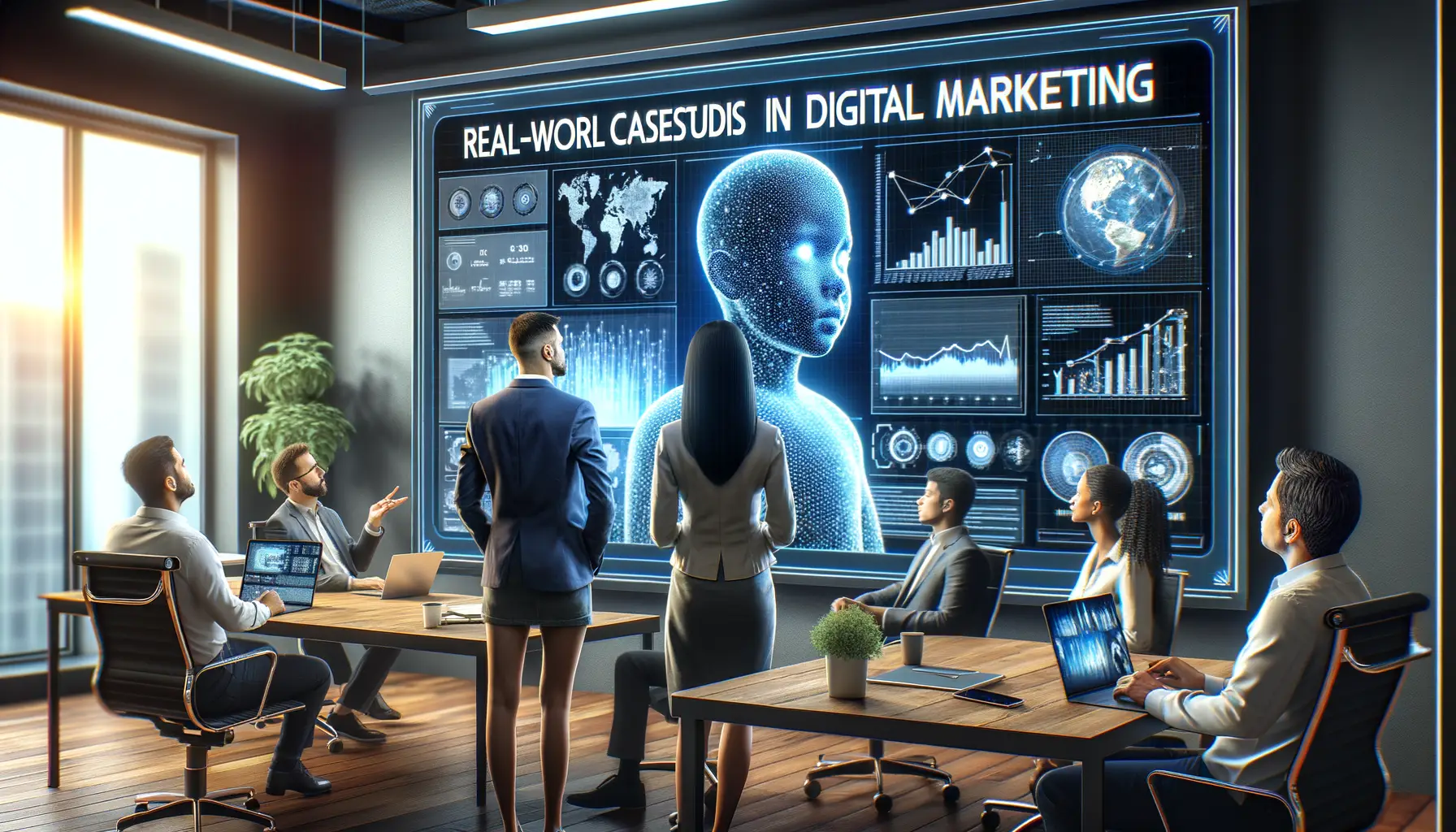
From Cold Clicks to Warm Leads: AI in Action
Imagine this – a clothing brand struggling to connect with its audience suddenly transforms into an online sensation, all thanks to one clever AI strategy. A real-life example? Enter H&M, which implemented AI-driven customer insights to recommend personalized outfit suggestions to its shoppers. By analyzing browsing history and preferences, they didn’t just sell clothes – they created moments of “Wow, it’s like they KNOW me!” From helping someone find their dream date-night dress to assembling a perfect capsule wardrobe, this is personalization at its peak.
And it’s not just fashion. In the realm of email marketing, brands like Sephora have mastered the art of using AI-powered segmentation tools. Their secret? Studying customer behavior down to the tiniest detail and sending tailored product recommendations that leave inboxes begging for more.
- A customer loves red lipstick? AI nudges them with scarlet shades before they even hit “Search.”
- They’re running low on perfume? A gentle reminder lands gently in their inbox.
Real-world results? Higher click-through rates, stronger loyalty, and customers feeling understood. Isn’t that the dream for every digital marketer?
Turning Social Media Into a Goldmine
If social media is a vast ocean, then AI is the savvy fisher drawing in the fattest catches. Take Spotify, for instance. Its AI doesn’t just create playlists – it crafts highly shareable moments. Remember those “Your 2022 Wrapped” campaigns flooding Instagram last December? That was the magic of AI algorithms analyzing your listening habits and packaging them into something so relatable you couldn’t resist sharing it.
But let’s talk about AI behind the scenes. Tools like Sprinklr are diving into social media chatter, picking up on trends before they go mainstream. For example, when a popular skincare brand noticed a sudden uptick in mentions of “oat-based products,” they used this insight to tweak their campaigns and ride the wave. The result? More than just likes and shares – genuine consumer trust and purchases.
The message is clear: in this age of AI, consumers don’t want to feel targeted; they want to feel seen.
Challenges of Integrating AI into Digital Marketing

The Hidden Hurdles That Marketers Face
AI in digital marketing might sound like a dream come true, but let’s be real—it’s no magic wand. One of the first challenges? **Data handling**. AI thrives on large volumes of data, but without clean, structured, and relevant data, it’s like asking a chef to cook with rotten ingredients. Imagine trying to craft personalized email campaigns with incomplete customer profiles. Frustrating, right?
Another issue? **The “human factor.”** Teams aren’t always ready to embrace AI. It doesn’t help that AI feels intimidating to employees used to more traditional tools. There’s skepticism: “Will this replace me?” or “Do I need to become a programmer overnight?”. Trust me, it’s not just you dealing with those questions!
Technical Obstacles You Didn’t See Coming
Let’s talk tech. AI tools are often complex to integrate into existing systems, like trying to fit a square peg into a round hole. Then there’s the cost—those fancy algorithms can burn a hole in your budget faster than you think.
Here are some specific hurdles businesses face:
- Algorithm biases: The software isn’t perfect, often reflecting pre-existing prejudices in datasets.
- Over-reliance on automation: Removing human intuition entirely can lead to robotic, soulless marketing.
- Privacy concerns: AI often taps into massive troves of personal data, raising red flags for compliance.
It’s clear: while AI offers tantalizing opportunities, navigating its implementation is an adventure all on its own.
Future Trends and Opportunities
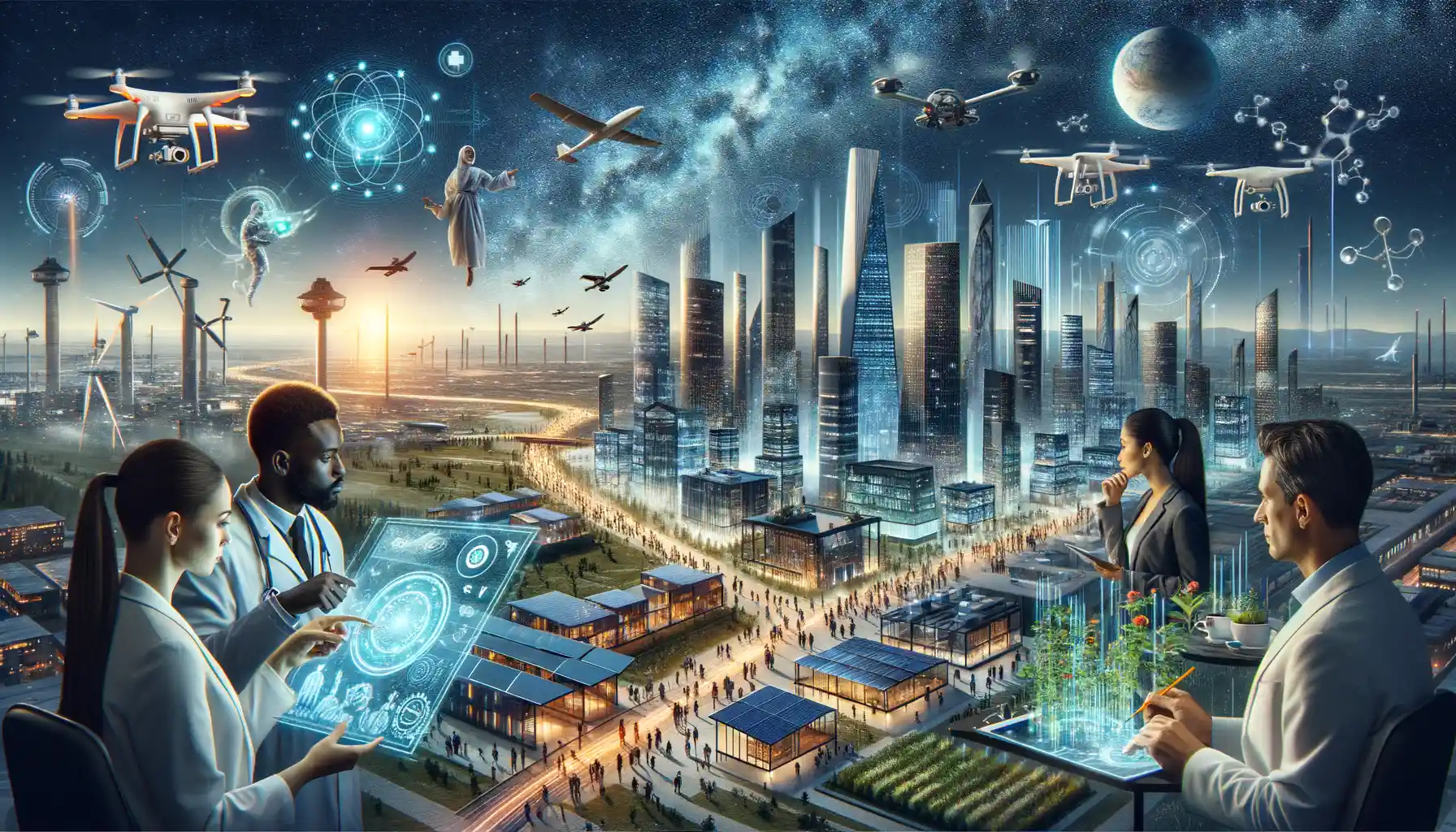
AI Innovations on the Horizon
Picture this: a digital marketing world where predicting customer behavior feels almost like reading their minds. That’s the kind of future we’re headed towards with AI. Emerging tools are breaking barriers like never before. Imagine hyper-personalized ads that adjust in real-time based on your browsing habits—AI is making that possible.
What’s even more exciting? Some brands are already experimenting with voice-activated AI campaigns. Think of tapping into users’ smart home assistants to recommend products naturally during conversations! And let’s not overlook predictive analytics, which will soon be able to pinpoint not just a target audience but the *exact* moment they’re ready to convert.
- Visual search technology: Snap a pic of any product, and AI-driven platforms instantly connect you to where you can buy it.
- Affective computing: AI analyzing emotions from videos or text to tweak messaging on-the-fly for maximum impact.
Opportunities for Bold Brands
This is where the daring companies win big. Using AI to automate repetitive tasks isn’t enough anymore—it’s about creating unforgettable experiences. Take personalized storytelling, for instance. A travel brand could use AI to generate vacation itineraries tailored down to your favorite coffee spots.
The game changer? AI is granting businesses of all sizes access to strategies once reserved for giants. Even small brands now get to play with the same arsenal of tools, leveling the playing field in ways we’ve never seen. The future belongs to those who embrace these innovations boldly—and early!

